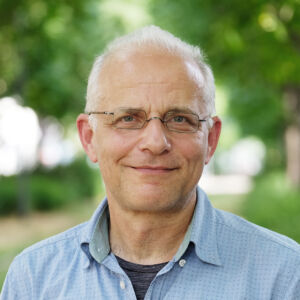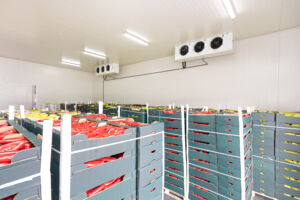
SuPraStadt II – Quality of life, participation and resource conservation through social diffusion of sufficiency practices in urban neighbourhoods
In three real-world laboratories, SuPraStadt II is investigating how the needs of residents in the fields of housing, open space and mobility can be reconciled with the ecological requirements of sustainability.




